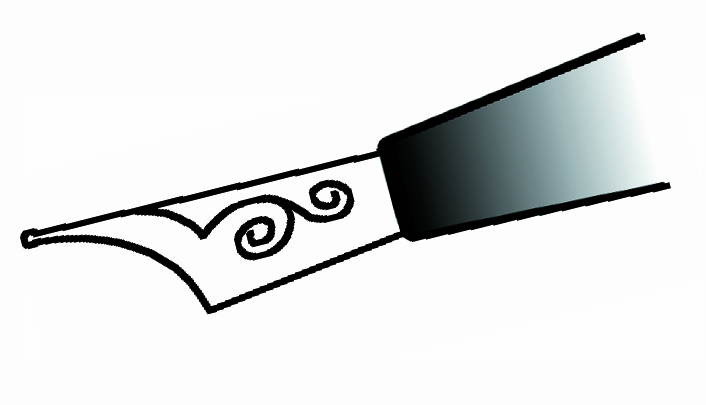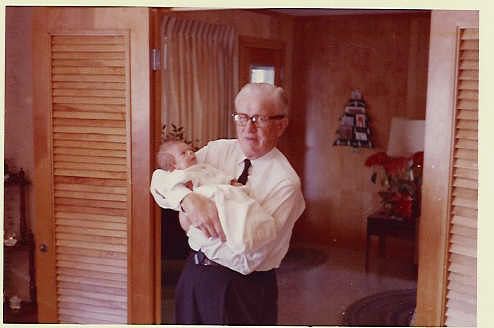This afternoon, while Etiquetteer was taking advantage of the French Toast Alert system to stock up on a few Snowstorm Necessities at the local food co-op, the woman bagging groceries couldn't forbear making a few remarks about the Previous Customer. "You should say thank you when someone's baggin' y'groceries!" she said. "I don't have t'be doin' this. I could just wawk away 'n' say 'Bye!'" As she mimed the action, Etiquetteer had to beg her hastily not to leave, especially since Etiquetteer was going to thank her! We ended up Bonding Over the Issue - or at least appearing to, since Etiquetteer can't really find it Perfectly Proper for an employee to complain about the customers in front of other customers. But the neglect of the Previous Customer did give Etiquetteer pause. We've all heard the phrase "know one's place" before, but never considered another meaning to its original threat of "and don't try to rise above it or sink beneath it." Etiquetteer invites you to consider a more truly patriotic rendering: "Know your place as a citizen of a country where all are created equal." Thanks to those who assist you, even if they are paid to do so, makes a difference. No one should be so grand that they can't express thanks - especially customers of a food co-op well known for its embrace of progressive causes.
Come to think of it, that's a new meaning for "Think globally, act locally," too.
Etiquetteer has also recently been sorting through masses of old papers, and has been Exceedingly Happy rediscovering and rereading Lovely Notes of Thanks from Friends and Family Old and New. Let Etiquetteer tell you, it's a much more delightful experience - reopening envelopes, feeling the texture of paper, and reading handwriting - than scrolling through one's email inbox. That handwritten Lovely Note you send now will continue to delight years later, much more than an email, and certainly more than an instantly-deleted text message.
For today's video content, Etiquetteer shares again some Gentle Suggestions for Teleconferences and Webinars:
etiq15.11 from Etiquetteer on Vimeo.
If you have queries for Etiquetteer, please be sure to send them to queries <at> etiquetteer <dot> com.
















